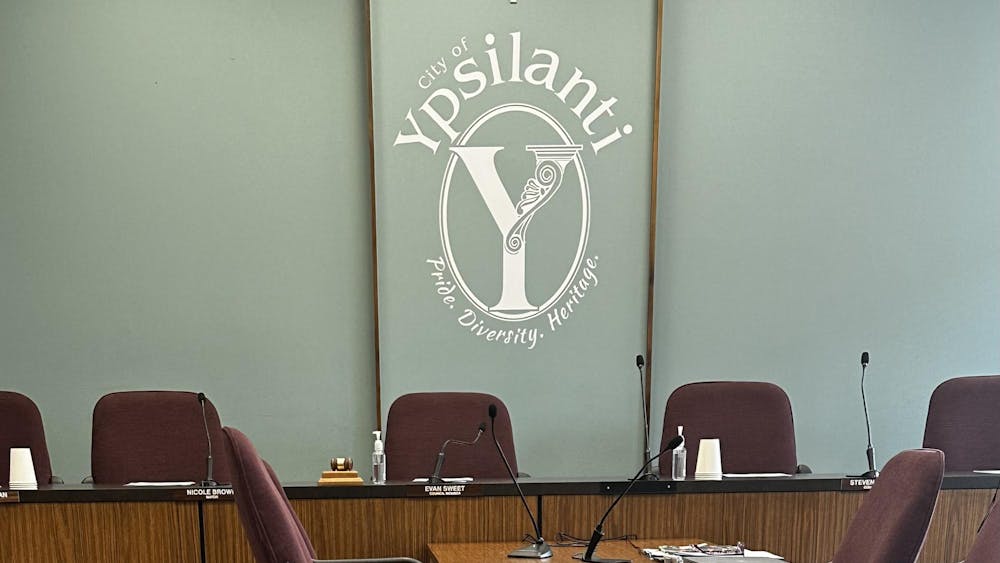On Wednesday in Pray-Harrold, Amis Harbin, an assistant professor in both the philosophy and women and gender studies programs at Oakland University, gave a speech called “The Limits of Post-Traumatic Growth.” In it, she discussed many professional views on the topic as well as her own view.
In light of all the traumatic events that have taken place at Eastern Michigan University, Harbin’s speech on positive growth after trauma couldn’t have come at a better time.
Harbin opened her speech with three stories. One was about a woman named Sonali Deraniyagala, who wrote a book about her experiences entitled “Wave.”
“If you’re feeling too satisfied with your life, you should read this book,” Harbin said. “It will make you sad.”
Harbin did not feel that “moral growth” or “spiritual growth” were the most appropriate ways to measure positive change in the aftermath of a “seismic event.” Even the term “seismic event” made her wary, because she then asked, “What makes an event seismic?”
After discussing that her peers defined “seismic events” as events that occur during extremely traumatic times, she swapped out the word “seismic” for “disorienting.”
“What a person experiences as disorienting would depend on what they feel is normal, or orienting,” she said.
In concluding her speech and leading into discussion, Harbin expressed that she would like to see more research done in the field and gave examples of how to conduct such research in a way that would be more beneficial.
A woman in the audience asked, “If one major event occurred which made smaller events occur, would this lead to more growth?”
“I don’t know if it would create more growth, but it would be harder to live with,” Harbin said. “I do not have a theory on how to measure positive growth. I just don’t like the way they are trying to measure it now.”
Harbin did not explicitly determine how to know if you have grown from a “disorienting” event.
“Disorienting events are bad, but can lead to positive effects,” Harbin said.








